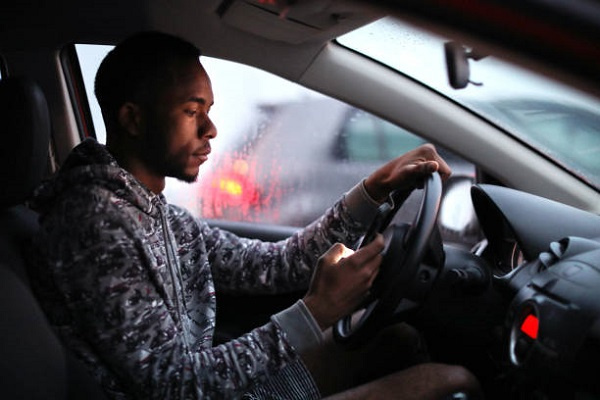Ghanaians who patronize ride-hailing apps are in to pay more as the government introduces a Digital Transport Fee (DTF) effective April 1, 2023.
According to a directive from the Driver Vehicle and Licensing Authority (DVLA), the fee has been pegged at GH¢1 per trip.
One of the ride-hailing companies, Uber, in an e-mail to its customer noted that a new fee will be applied and it will be set at GH¢1 per trip.
In addition to this, a booking fee of GH¢2 will also be applied for every trip ordered via the ride-hailing companies.
The DTF will be displayed as a separate line item on your receipt for transparency.
Last year, as part of measures put in place by the government to ensure that the country’s tax net is broadened, the Ghana Revenue Authority (GRA) announced that it was targeting the e-commerce, e-sports, and gaming sector.
According to the Chief Revenue Officer at the Investigative Unit of the GRA, Clement Amankwah-Bonsu, the revenue arm of the government is poised to leverage the e-commerce, sports, and gaming sector to generate revenue for the country.
Speaking at the Ghana Anti-Corruption Coalition dialogue on Tuesday, May 31, 2022, he stated categorically that it’s about time that people who trade on various digital platforms are taxed.
“We can say now there is e-commerce and gaming all over and so the GRA can tap or leverage on e-commerce and gaming and rake in more revenue for the country. So, we need to up our game here and ensure that all those activities that go on on the various digital platforms are also taxed,” Amankwah-Bonsu said.
However, in 2019, the Ghana Revenue Authority (GRA) announced plans to rope in Uber drivers to pay taxes to the state.
Although the Solution Developer at the GRA; Patrick Frimpong Danso noted that the module to use was still under preparation, the authority has announced it wanted the payment of Vehicle Income Tax (VIT), Personal Income Tax, and e-tax stamp via mobile phones in order to widen the tax net.
With the Uber driver’s tax payment plan, Mr. Danso stated operators of the service; Uber Ghana will retain a percentage of the earnings of the driver to honour his or her tax obligation.
The move also became necessary because other commercial drivers like taxi and ‘trotro’ drivers point out that while they are compelled to pay tax, their Uber counterparts work and earn money yet do not have tax obligations.



Source: ghanaweb

